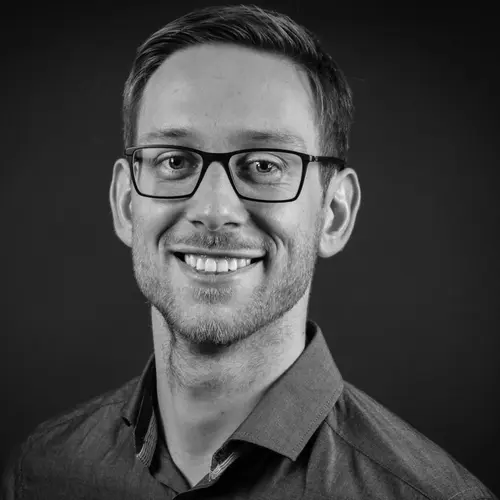GRADUATION INTERVIEW ▼
The public sector in transition: Consequences for Working Conditions and Employees in Germany
AN INTERVIEW WITH PAUL L?WE

:::::::::::::::::::::::::::::::::::::::::::::::::::::::::::::::::::::::::::::::::::::::::::::::::::::
SHORT PROFILE
Name: Paul Severin L?we
Field: Sociology
Dissertation: The public sector in transition: Consequences for Working Conditions and Employees in Germany
:::::::::::::::::::::::::::::::::::::::::::::::::::::::::::::::::::::::::::::::::::::::::::::::::::::
Our doctoral member Paul L?we has successfully completed his dissertation. In his Graduation Interview, he gives insights into the topic and findings of his dissertation, talks about his time at the BAGSS, and shares the next step in his career.
// What drew you to your dissertation topic and what interests you most about it?
P.L.: For a long time, the German public sector was seen as a model employer, influencing labour standards and setting an example for the private sector with its distinctive employment system. From the 1990s onwards, the public sector came under pressure from repeated economic crises, reunification and rising public deficits. Reforms in the German public sector were guided by the ideas of New Public Management (NPM), which aimed to limit the tasks of the public sector, create a minimal state and make the remaining tasks more efficient. It was therefore unclear whether the public sector still had a special role to play or whether it was increasingly functioning like a private company. In my dissertation, I examine how the public sector has evolved over the past three decades, how this has affected the previously distinct employment system and its favourable conditions, and whether employment conditions in the public sector influence key life events such as starting a career and starting a family.
// Can you give us a small sneak peek about the findings of your thesis?
P.L.: The results of my work show that there has been a reorganisation towards a minimal state, with substantial job losses in some parts of the public sector. At the same time, the public sector continues to offer clear advantages for the remaining employees, and my findings do not support the often-heard swan song of the public sector as a special employer. There are advantages, for example in terms of attractiveness or stability of entry into the labour market, which can provide policy makers with starting points for recruiting and filling positions in times of skills shortages in order to maintain the capacity of the public sector to act. At the same time, the results on career progression, fixed-term contracts for entrants and starting a family also highlight some areas where the public sector no longer has an advantage and could improve.
// What did you enjoy most about your time at the Graduate School?
P.L.: I enjoyed several invited talks by other researchers, which gave me new insights into current developments and research findings, as well as new approaches for my own research.
// What is the next step in your career?
P.L.: I work at the State Institute for Family Research at the University of Bamberg (ifb) as a research assistant and project manager, researching and evaluating programmes of the Bavarian State Ministry for Family, Labour and Social Affairs. I also continue to do more general research in the area of family and the labour market.